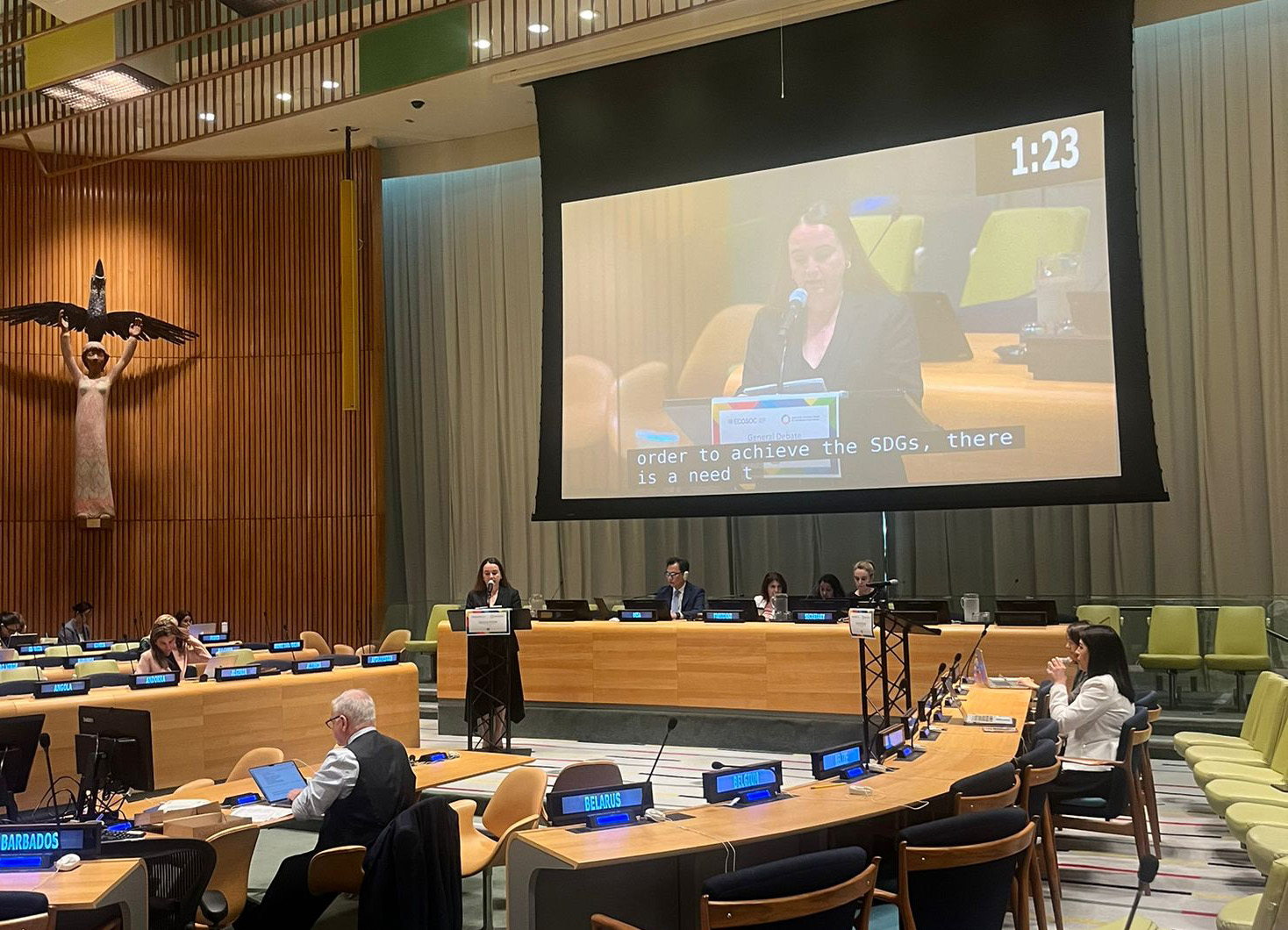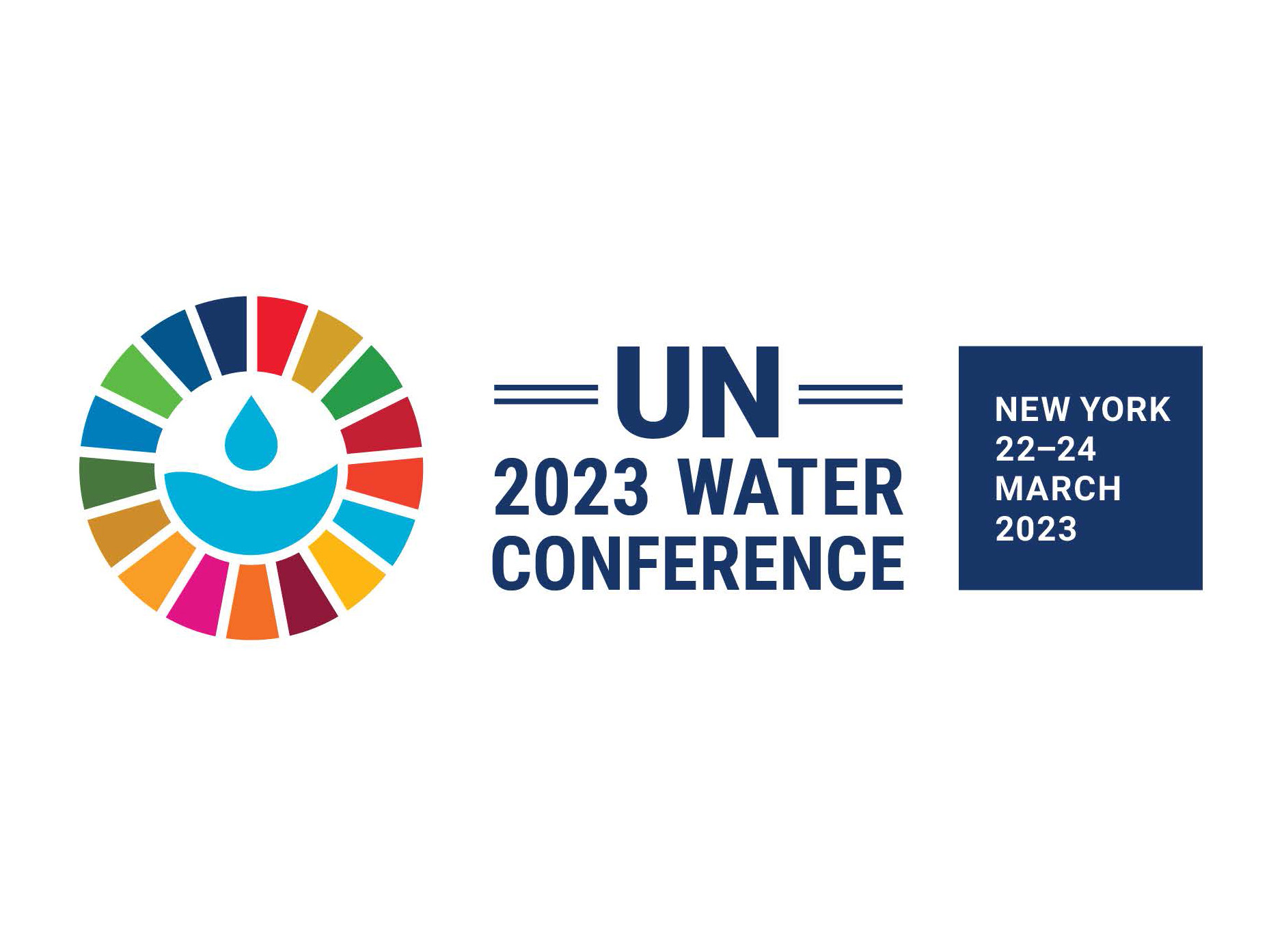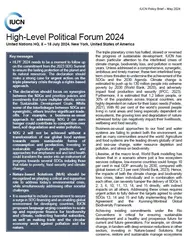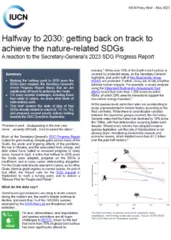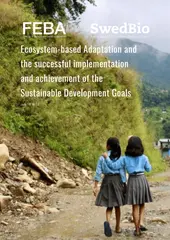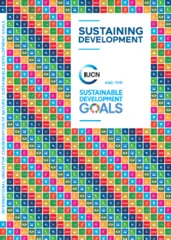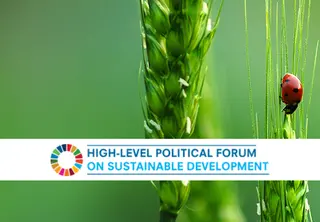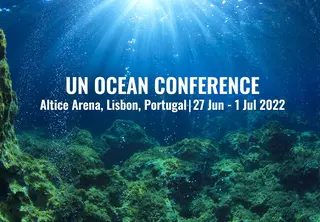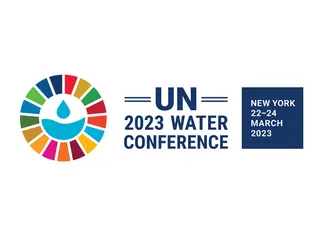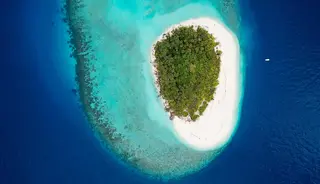IUCN actively engaged in the negotiations since the Rio+20 Conference to ensure that the 2030 Agenda would promote sustainable development in all its dimensions: a true integration of the environmental, social, and economic aspects. Acknowledging the need to ensure policy coherence at the global level, IUCN promoted building upon existing commitments, like the Aichi Biodiversity Targets, and called for the inclusion of governance aspects, and for ensuring accountability in its monitoring mechanism.
IUCN seeks to contribute to the delivery of the SDGs through its Nature 2030 Programme, which takes a longer-term view to ensure alignment with 2030 Agenda as well as the Kunming-Montreal Global Biodiversity Framework. IUCN works towards the achievement of the environmental targets within the SDGs while recognising that relationships between living nature and the remainder of the SDGs are critical, and that the current suite of global problems are interconnected and interdependent, requiring systemic solutions to address all of the SDGs in an integrated manner.
IUCN’s policy work with the SDGs includes:
- Engaging the Inter-agency and Expert Group on SDG Indicators (IAEG-SDGs) to develop and implement the global indicator framework for the Goals and targets of the 2030 Agenda. It serves as the custodian agency for 5 of the 231 official SDG indicators for Goals 14 (Life below water) and 15 (Life on land) to national governments and the United Nations Statistics Division.
- Championing nature's role in sustainable development in its engagement in the High-level Political Forum on Sustainable Development (HLPF) and providing reliable science to assist governments and other actors in tracking progress towards meeting the SDGs.
- Contributing to international policy events dedicated to following up on one or more of the SDGs, including the UN Ocean Conference, UN Water Conference, and the Conference on Strengthening Synergies between the Paris Agreement and the 2030 Agenda, among others.

